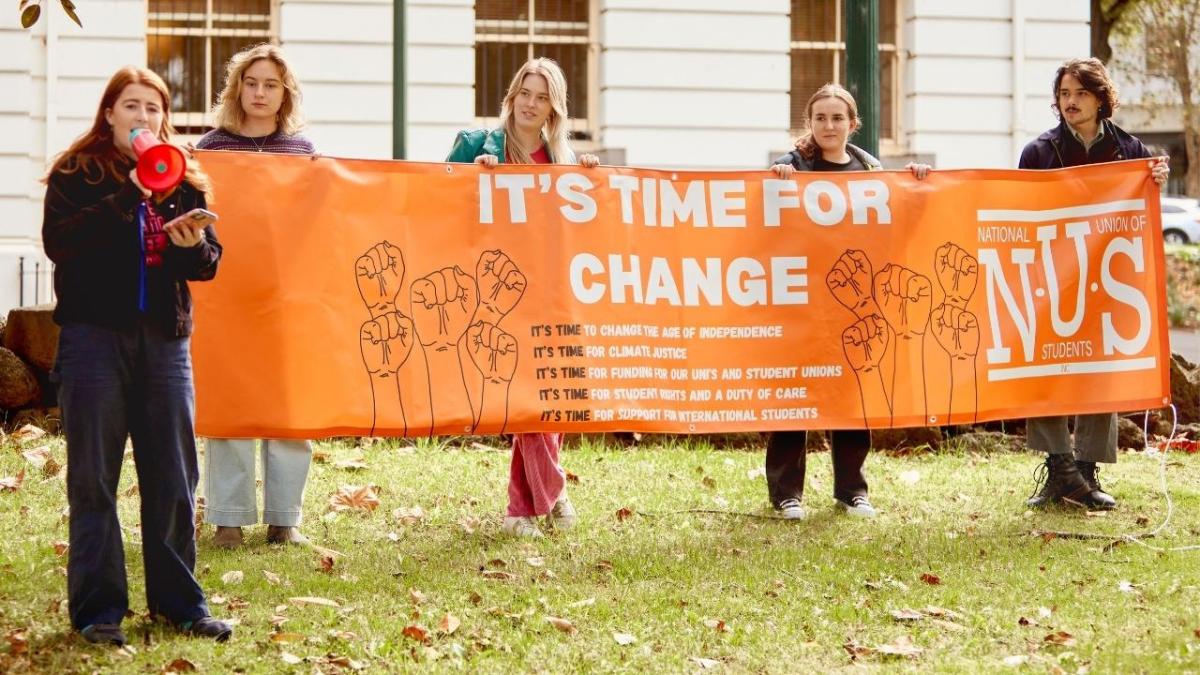
The minimum wage discussion affects students the most. We are the ones working in these low pay, highly casualised, insecure workplaces just trying to survive while trying to finish our degrees.
I worry student poverty is often looked back on through rose coloured glasses — with fun memories of eating 2 Minute Noodles for dinner every night and cool op-shop clothing coming to the fore.
However, the reality of student poverty is often much more nefarious. Universities Australia in 2006 reported that one in seven full-time, domestic undergraduate students have regularly gone without food or other necessities because of a lack of cash. This worsened substantially in 2013, when it was reported that two-thirds of university students live below the poverty line. Anthony Albanese’s recommendation to the fair work commission last week to raise the minimum wage by 5.1 per cent, although welcomed by many, is an insult to these students living in poverty. The increase won’t even pay their bus fare to uni.
When the minimum wage is so shamefully low it also affects our education. When we’re forced to work increased hours and juggle more jobs, education becomes a second priority to survival. Full-time study is a privilege many of us can’t afford.
This has all been made worse by the increased cost of living. While governments are focused on first home buyer initiatives, us students are fighting crappy landlords, short-term leases and skyrocketing rents. Students know we can’t buy a house, but now, we might not even be able to rent one.
For students, minimum wage is often still an improvement on the ageist and outdated system of youth wages to which many students are privy. If you are under the age of 21, you can be paid less for doing the same job. Currently 57 per cent of the young workforce are subject to youth wages. Economic discrimination against women has been called-out for years, and Albo has consistently touted the slogan “same job, same pay”. But for some reason these values don’t extend to young people. Why has economic discrimination against us been normalised?
In Australia it is often considered a rite of passage as a high schooler to work at your local Macca’s, however under their EBA it is perfectly legal for a younger worker to be paid $8.71 for the same work that an older coworker would be paid $22.33 for. My 20-year-old housemate who pays for all her own rent, groceries and bills is paid less than other workers at her part-time job at McDonald’s when, by the sounds of it, she practically runs the joint. It’s insane.
To make matters worse, welfare support for young people is woefully insufficient. If a young person qualifies for Youth Allowance, and lives independently of their parents, they only receive $37.88 per day to live — substantially below the Henderson Poverty Line. That’s if you even qualify, which is no mean feat. For those under the age of 22, Youth Allowance is entirely dependent on your parents’ income. Even if you live across the country, pay your own bills and cook one of the three recipes you know for dinner every night, Centrelink doesn’t consider you independent.
A change of government offers an opportunity to make up for the Coalition’s decade of neglect. Students have three clear messages for Albo’s new government. Firstly, we appreciate the 5.1 per cent increase to the minimum wage but it is not even close to ensuring dignity for workers everywhere. Secondly, Youth wages are stupid and finally, the welfare system needs to reflect the reality of thousands of students who are living independently before the age of 22.
Albo knows what he has to do to address student poverty. The question is will he?
Georgie Beatty (she/her) is the President of the National Union of Students, the peak representative and advocacy body for almost 1 million students.



